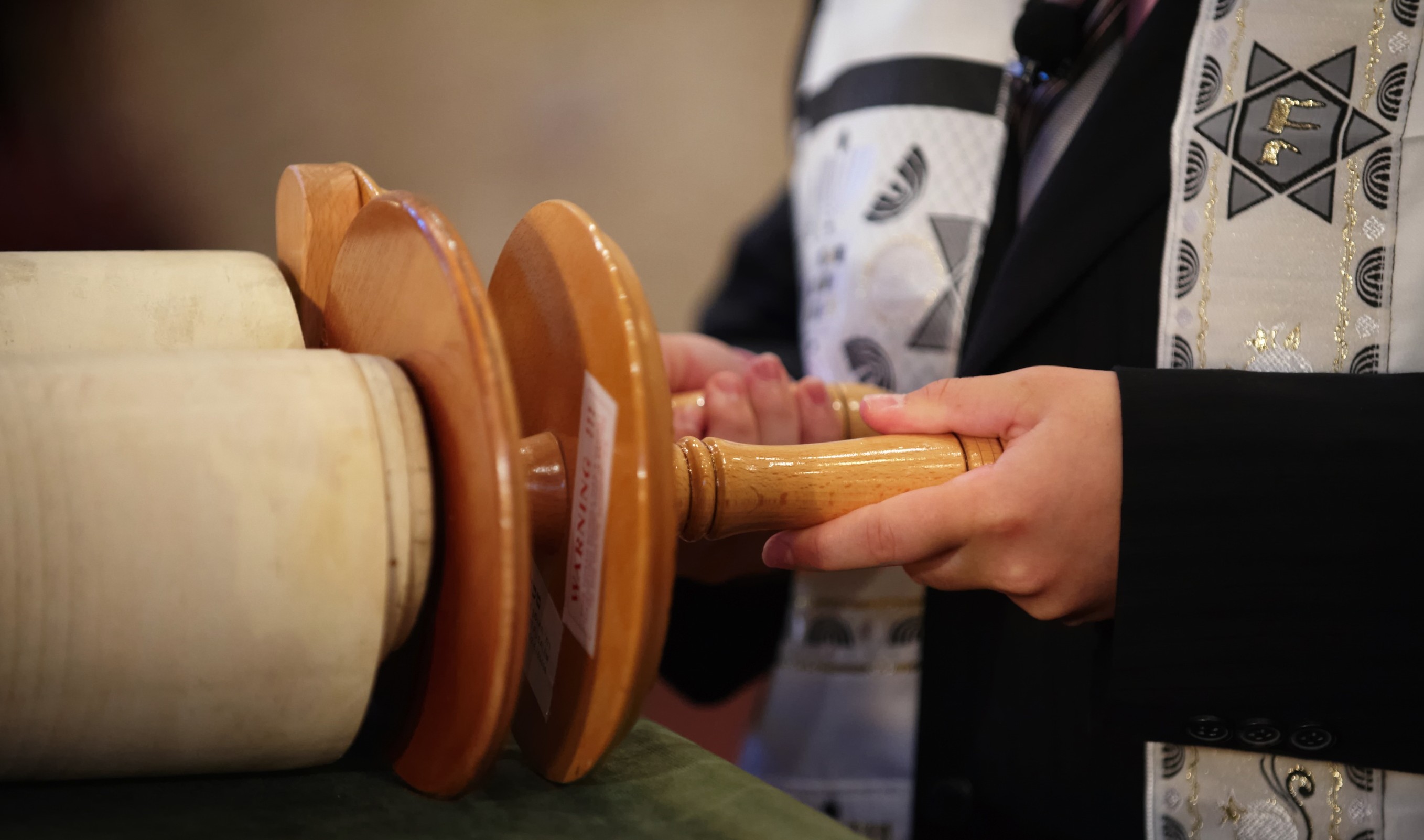
The Old and the New Covenant.
The Covenant of the Last Supper is described as “new”. Some like to think it is a covenant to the spirit of the gospel as opposed to Jewish law and prophecy. But such an interpretation runs counter to reality; for the opposition lies, not between the Old Testament and the gospel, but between two mentalities, two spiritual attitudes. There can be an old-covenant attitude even in the New Testament, and a new-covenant attitude in the Old. This is the very situation envisioned in Jeremiah 31:31-34. For the concept of new covenant is found precisely in what we so incorrectly call the “Old Testament.”
31See, days are coming—oracle of the Lord—when I will make a new covenant with the house of Israel and the house of Judah. 32 It will not be like the covenant I made with their ancestors the day I took them by the hand to lead them out of the land of Egypt. They broke my covenant, though I was their master—oracle of the Lord. 33 But this is the covenant I will make with the house of Israel after those days—oracle of the Lord. I will place my law within them, and write it upon their hearts; I will be their God, and they shall be my people. 34 They will no longer teach their friends and relatives, “Know the Lord!” Everyone, from least to greatest, shall know me—oracle of the Lord—for I will forgive their iniquity and no longer remember their sin.
In popular piety, the covenant concluded with Moses was to dominate the tumult of the centuries to come. Yet it is this very covenant, haloed in the glory of Sinai, that Jeremiah attacks with unprecedented boldness, in the only passage in the Hebrew Bible where there is question of a new covenant. Now, the law will be engraved in man’s heart, carried in his inmost being, so that no one may forget it. Each will be taught directly by God and will see his sins forgiven.
In fact, the desire for a new covenant was incised like a wound in Israel’s flash. The phase “I will be their God, and they shall be my people,” quoted by Jeremiah, was the ferment that transformed the religion of Israel into a new covenant. Indeed, it seems almost too new to be called a covenant at all – that is, a juridical contract founded upon law and binding two parties – for it is transformed into a unique relationship of love that enchains God’s tenderness to his chosen people. We can conclude that Jeremiah is attacking not so much the old covenant as the juridical and legalistic character which constantly threatened it. The Israelites may have felt that, in virtue of the contract, their merits gave them an advantage over God. What Jeremiah is denouncing is this mercantile religion, in which grace became a due and love a transaction.
If today we understand that each Mass should be the sublime renewal of this new covenant according to Jeremiah; if we remember that religion, now as well as then, is always in danger of degenerating into ritualism, and ritualism into formalism; if we realize that it is sometimes reduced to a formality at which one must “assist” in order to be considered a “practicing Catholic”; if this is so, then we can easily see the urgent need for a new Jeremiah in our liturgy of today.






